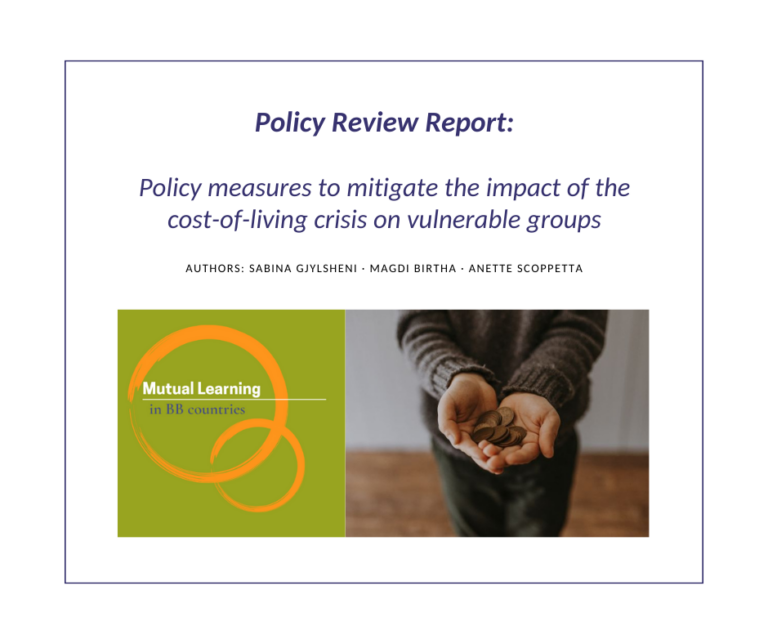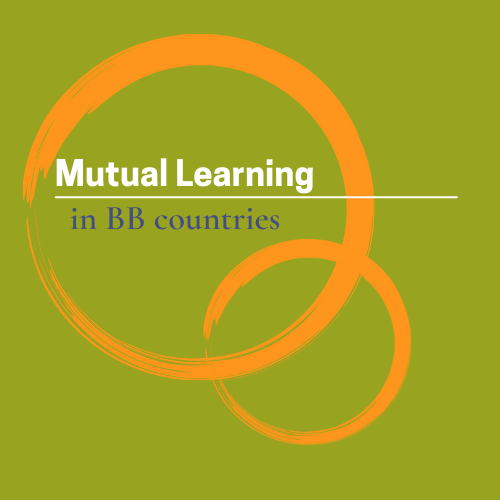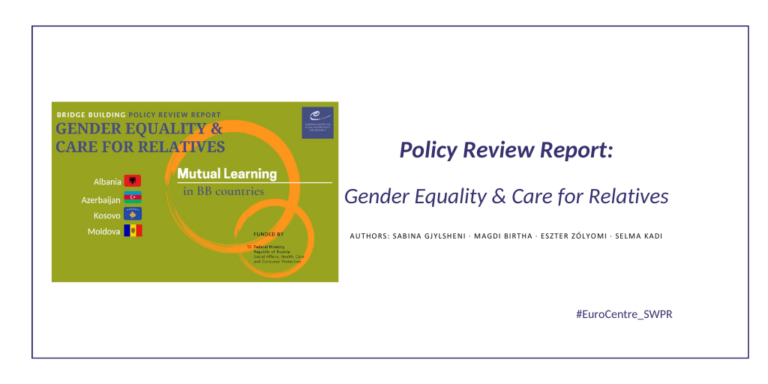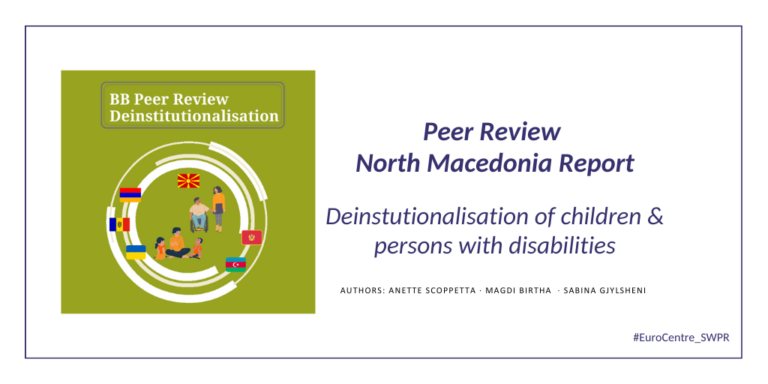Bridge Building Peer Review Report: Fighting Undeclared Work
The Bridge Building (BB) Peer Review Report on Fighting Undeclared Work was developed within the European Centre’s Bridge Building Initiative to follow up on the successful implementation of the project BB Peer Reviews and Training—Mutual Learning Activities in BB countries (06/2021 – 03/2024). Download the report here.










